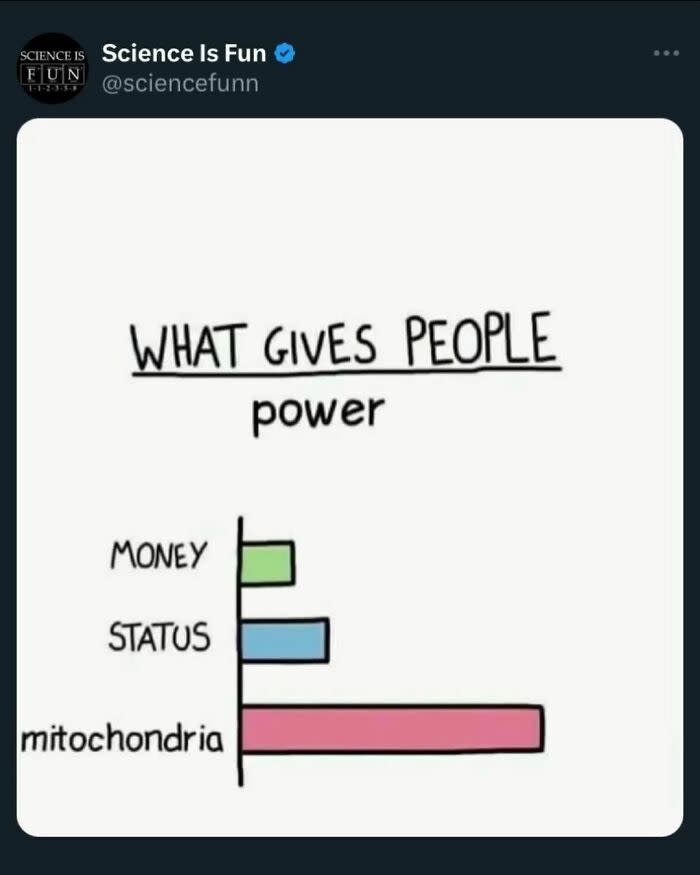Science World Slows Down: Are We Already Discovering All the Great Ideas?

A new study has found that despite a significant increase in funding for research and development, the rate of radical scientific discoveries is slowing down. This raises questions about whether we are already discovering all the transformative ideas that could change the world.
Social media platforms like Instagram and X have taken notice of this trend with the "Science is Fun" project, which shares memes illustrating difficult equations and theories through relatable everyday scenarios. The project's creator, Tomas Rosko, highlights how even complex concepts can feel familiar when presented in a humorous and accessible way.
However, researchers warn that while there are more scientists, publications, and patents than ever before, the quality of research is not necessarily keeping pace. According to a recent study published by researchers from the University of Minnesota and the University of Arizona, the gap between groundbreaking discoveries and Nobel Prizes has increased.
The study analyzed 25 million papers (1945-2010) and 3.9 million patents (1976-2010) using a new metric called the "CD index," which measures whether research is building on existing knowledge or disrupting it with new ideas. The results showed that the average CD index decreased significantly over time, suggesting a slowdown in disruptive research.
Writer Kelsey Piper argues that this trend may be due to policy choices and mismanagement of scientific grants, rather than an inevitable natural decline. She believes that visionaries like mRNA vaccine pioneer Katalin Karikó have struggled to get grant funding in recent years, despite the record level of investment in science.
Scientists' increasing reliance on grant writing and publishing as a means of securing tenure adds another layer of complexity, Piper notes. This focus on small incremental papers may be directing researchers away from more critical research that could drive innovation and improvement in productivity, quality of life, wages, and lives saved.
The implications are profound: if scientific innovation is slowing down, it may lead to higher levels of poverty, reduced productivity, and lower standards of living in the long term. The "Science is Fun" project has highlighted just how many scientists and engineers have turned to science communication as a way to make complex ideas more accessible and engaging for a wider audience.
If you want to see more memes like these, check out Bored Panda's earlier article on "Science is Fun".
